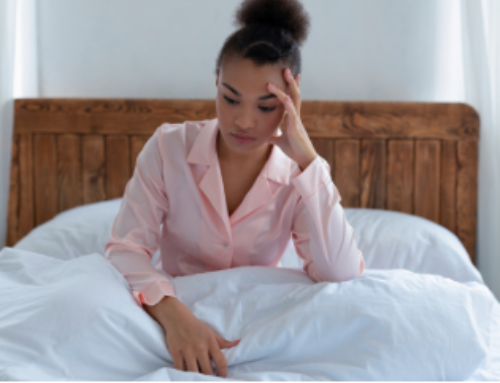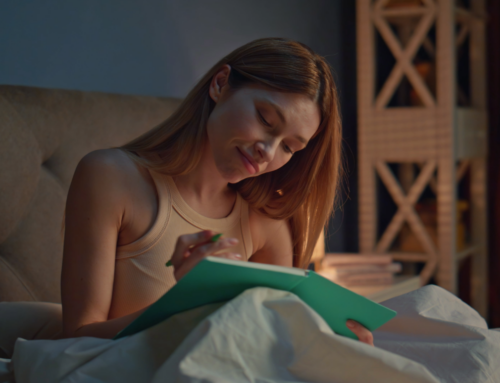Are night owls more likely to have addictive behaviors?
Researchers surveyed more than 12,000 French adults. They found that the evening chronotype was significantly associated with the consumption of tobacco, alcohol, and cannabis.
A person’s chronotype refers to their natural inclination to wake or sleep at certain times. Knowing your chronotype can help you understand when you will be most alert and productive. Most research breaks chronotypes into morning type, evening type, or neither.
Most people who are evening chronotypes prefer to go to sleep later and wake up later in the morning. Evening chronotypes are often called “night owls.”
The researchers noted a few interesting connections between substance use and sleep patterns. They found a significant relationship with the use of tobacco, alcohol, and cannabis among those who were an evening chronotype.
The study appears in the January 2022 issue of the Journal of Sleep Research.
Health risks of being a night owl
Other studies have found a link between poor health and the evening chronotype.
A 2020 study published in Chronobiology International found that the evening chronotype was associated with higher odds of having poor cardiovascular health in a cohort of women.
Another study, published in The Journal of Nutrition in 2021, found that the evening chronotype was associated with poorer diet quality.
Research also suggests that evening chronotypes have a higher risk for type 2 diabetes, a higher body mass index, and an increased risk of having obstructive sleep apnea.
Currently, researchers do not know if these increased health risks are due to evening chronotypes having less sleep time overall to fit into societal norms.
Scientists are actively studying the health impacts of different chronotypes. More research is needed to understand how and why your chronotype affects your health.
If you are a night owl, you may have a mismatch between your preferred sleep schedule, and one required for work or school. This mismatch may lead to poor health outcomes.
If you have a daily routine that doesn’t sync up with your chronotype, commit to healthy sleep habits to help improve your shuteye. If you experience sleep problems that affect your daily life, seek help from the sleep team at an accredited sleep center near you.
Medical review by Andrea Matsumura, MD
Authored by:
Kate Robards





